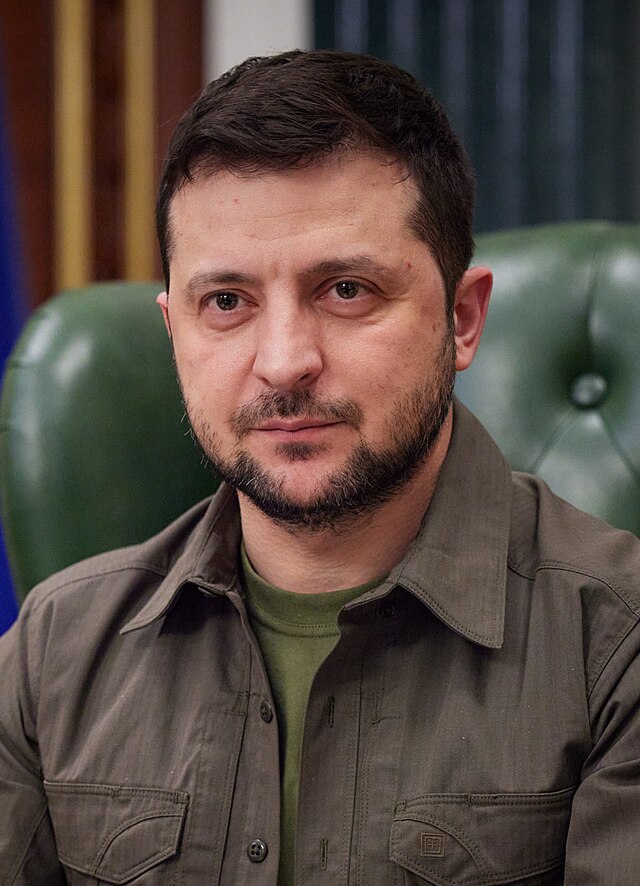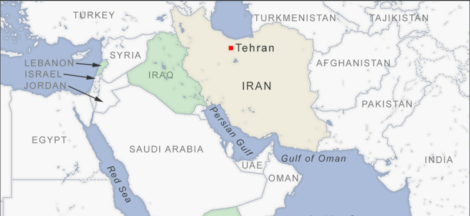A scheduled diplomatic discussion between U.S. President Donald Trump and Ukrainian President Volodymyr Zelenskyy devolved into a fiery exchange in the Oval Office, leading to an abrupt end without the anticipated signing of a critical minerals agreement. The confrontation has cast a shadow over the future of U.S.-Ukraine relations and raised concerns about the ongoing conflict in Eastern Europe.
The meeting, intended to solidify a partnership granting the U.S. access to Ukraine’s valuable mineral resources, quickly escalated into a verbal clash. President Trump accused President Zelenskyy of lacking gratitude for American support, stating, “You’re gambling with World War III, and what you’re doing is very disrespectful to this country that’s backed you far more than a lot of people say they should have.” Vice President J.D. Vance echoed this sentiment, admonishing Zelenskyy for his perceived ingratitude.
In response, President Zelenskyy defended his nation’s stance, emphasizing Ukraine’s sovereignty and resilience. He retorted, “We are in our own country, and we have stayed strong all this time. We have even thanked you for it.” The tension culminated with President Trump instructing Zelenskyy to leave the White House, canceling the planned press conference and leaving the mineral rights agreement unsigned.
The fallout from this encounter has been swift. European leaders, including British Prime Minister Keir Starmer and French President Emmanuel Macron, have expressed unwavering support for Ukraine. Starmer emphasized the UK’s commitment to Ukraine’s sovereignty, while Macron underscored the importance of unity among Western allies in the face of escalating tensions.
Conversely, Russian officials have welcomed the discord between Washington and Kyiv. Maria Zakharova, spokesperson for the Russian Foreign Ministry, commented that the meeting’s outcome reflects the complexities of international diplomacy and the challenges of aligning national interests.
The proposed mineral rights agreement was seen as a strategic move to bolster Ukraine’s economy and strengthen its defense capabilities. Ukraine possesses significant reserves of minerals essential for various industries, including defense and technology. However, concerns about corruption, the feasibility of extraction, and regions under Russian control have posed challenges to fully capitalizing on these resources.
Experts have expressed skepticism regarding the economic viability of the proposed deal. Some analysts argue that without substantial investment and infrastructure development, many of Ukraine’s mineral reserves may remain untapped. Additionally, the long lead times required to develop these resources could delay any potential benefits for both nations.
The abrupt end to the meeting has also raised questions about the future of U.S. military aid to Ukraine. President Trump has previously described the conflict as a drain on American taxpayers and has hinted at reassessing the extent of U.S. support. Following the Oval Office confrontation, reports suggest that the administration is considering halting military aid, a move that could significantly impact Ukraine’s defense strategy against Russian aggression.
Within the United States, reactions have been polarized. Republican leaders have largely supported President Trump’s stance, emphasizing the need for allies to show appreciation for American support. In contrast, Democratic leaders have criticized the administration’s approach, warning that alienating allies could weaken the U.S.’s strategic position globally.
The incident has also sparked discussions about the broader implications for international diplomacy. The unprecedented nature of the public spat between the leaders has raised concerns about the erosion of diplomatic norms and the potential for escalating conflicts due to breakdowns in communication.



 Rahul Gandhi Faces Criticism Over Maha Kumbh Absence
Rahul Gandhi Faces Criticism Over Maha Kumbh Absence 